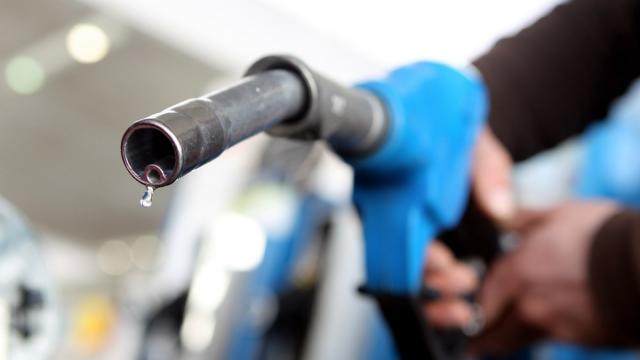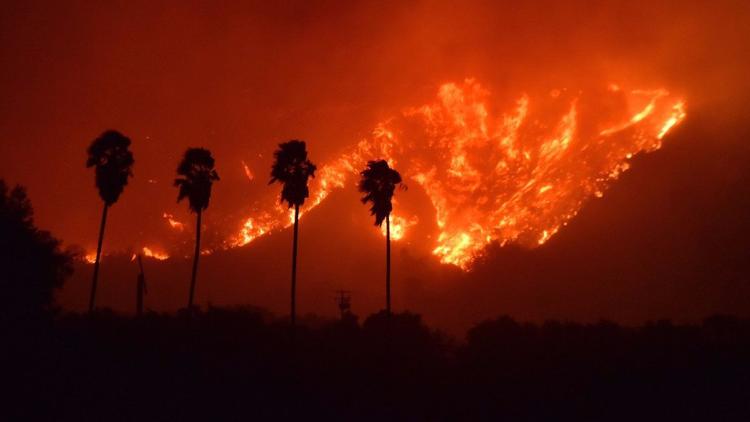Trump’s Plan to Raise Federal Gas Tax is Not a Hit with his Economic Advisers
On Wednesday,
Donald Trump, President of the United States of America, was warned that
raising the tax on gasoline in order to pay for improvements to infrastructure
was an ‘imperfect’ system. This input from Trump’s top economic advisers comes
in the wake of Trump’s proposal to increase federal gas tax by 25 cents. These
funds would then be used to fund the President’s infrastructure plan to
maintain and improve the nation’s roadways.
Conservatives have
been notably displeased with the idea as there are worries that it might
counter the benefit from the tax cuts that were recently implemented by the
GOP. This would put the Republican Party in a tough spot ahead of the midterm
elections.
Furthermore, the
Council of Economic Advisers has released a report addressing
various concerns the team has regarding the use of taxes in order to pay for
the nation’s roads. The chairman of the council, Kevin Hassett, spoke publicly
to CNBC on Wednesday to confirm what the council means.
Hassett explained:
"One of the things that we point out in the economic report to the
president that came out today is that the gas tax's current design isn't really
a 21st century design — that the gas tax was set at levels that were needed to
fund highways back in the days when fuel economy was really low and we didn't
have electric cars."
The current gas
levy sits at 18.4 cents and has not been raised since 1993. Originally this tax
was used to build and maintain highways and other transportation needs, but
since 1993 inflation and rising fuel efficiency have eroded the purchasing
power of these tax-acquired funds.
The report also
explains that fuel taxes do not motivate people to use roads efficiently, not
do they reflect costs connected with congestion. Indeed, driving 100 miles on a
quiet country road or a busy city road in rush hour will drum up the same
amount of tax revenue.
Furthermore,
electric vehicles are too efficient and do not generate enough revenue from gas
tax to make up for their wear and tear on the roads. If everyone drove a Tesla
car, the gas tax would become completely irrelevant and would not be nearly
enough to keep paying for the country’s roads.
On the other side
of the spectrum, heavy trucks cause disproportionate road damage and do not pay
enough fuel tax to offset this damage along with the emissions and congestion
they cause.
As far as the
council is concerned, paying for roads using tolls is a much more solid plan
despite the higher administrative costs involved with collecting fees. This
allows the government to charge people who actually use the roads and bridges
that need maintaining.
The council also
put forward other ideas such as charging heavy trucks in accordance with the
distance they have travelled or charging low-occupancy vehicles a fee for the
privilege of travelling in high-occupancy lanes.
Hassett said that
right now the most important thing to do is pass an infrastructure bill but
this cannot be done until it is decided how it will be funded. "Right now,
the president says that we should put the options on the table and think about
them."




Comments
Post a Comment